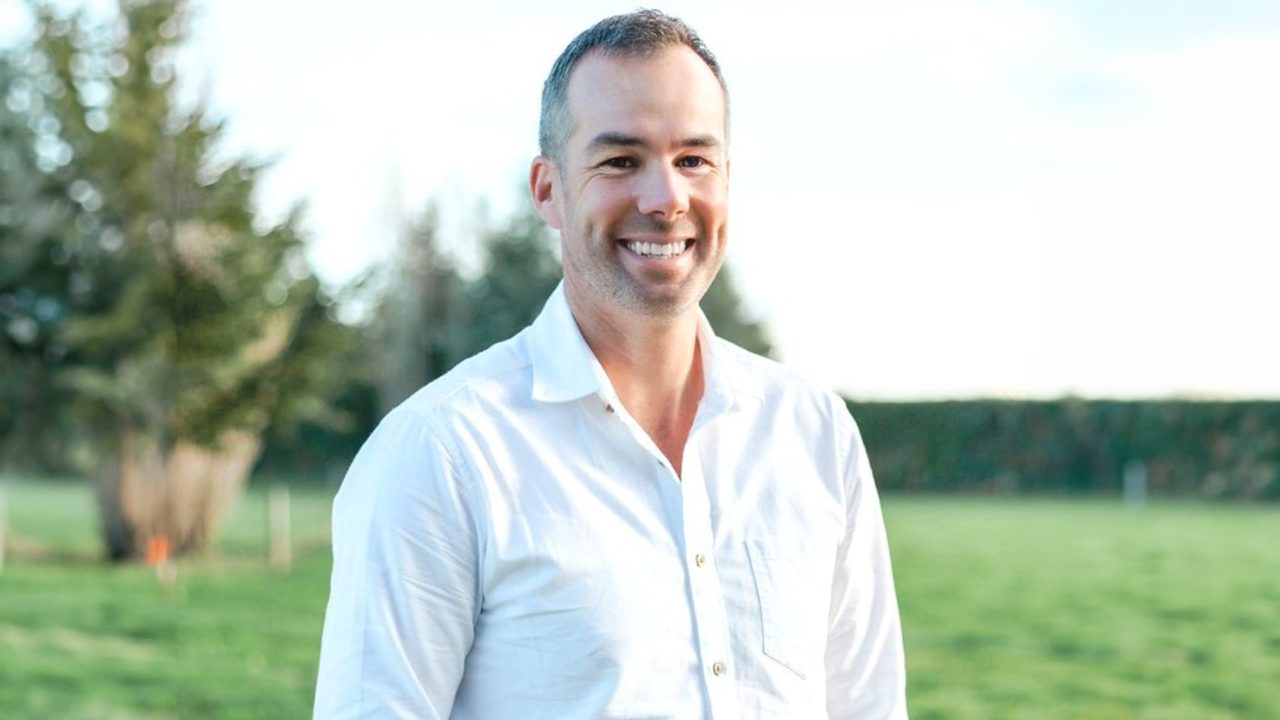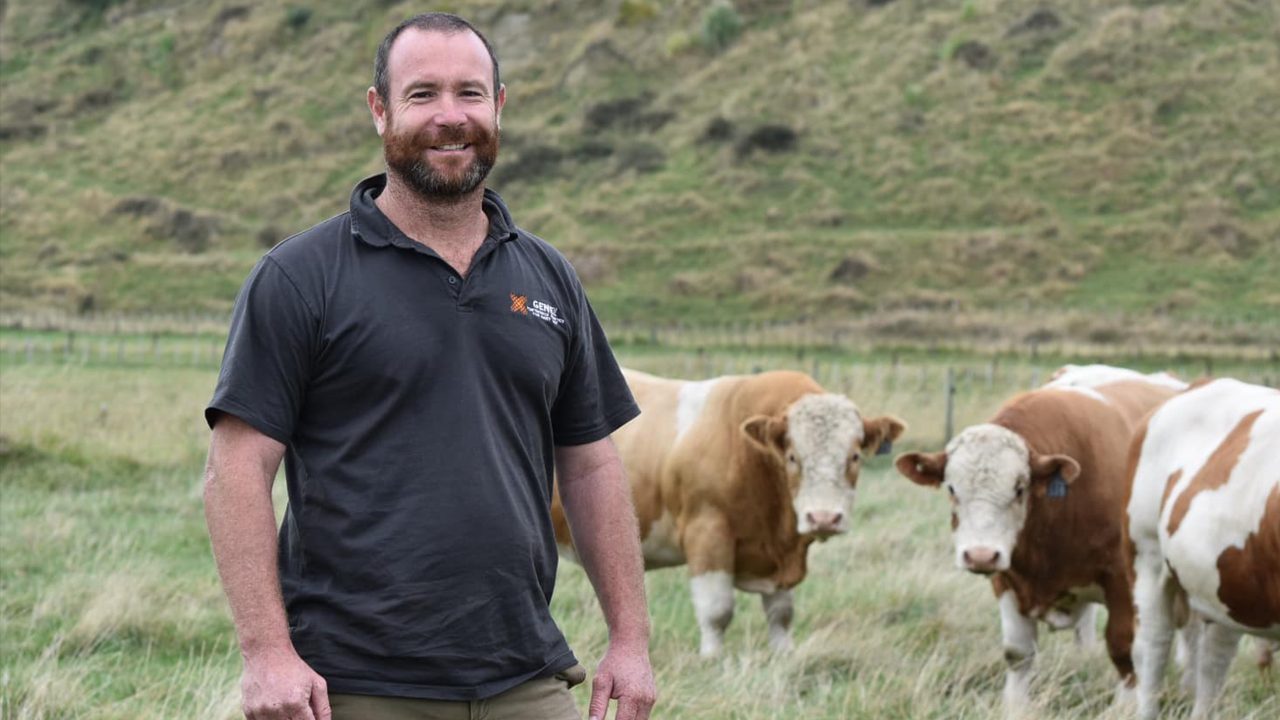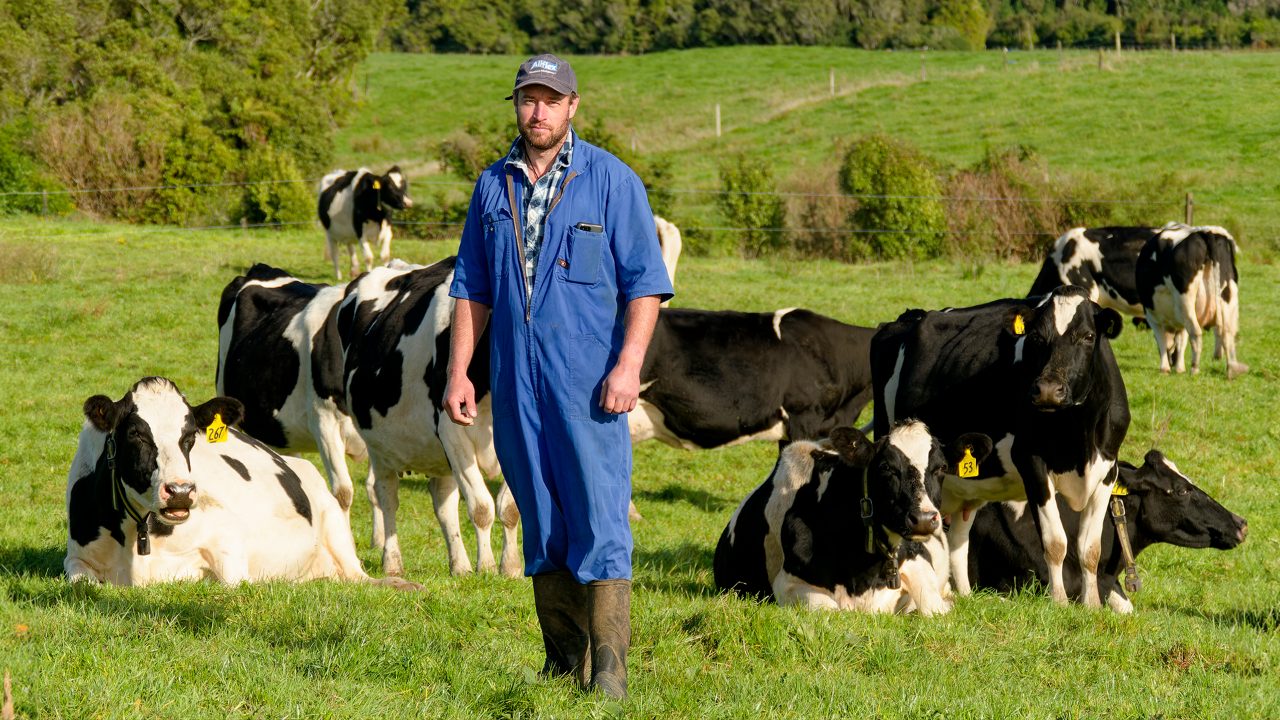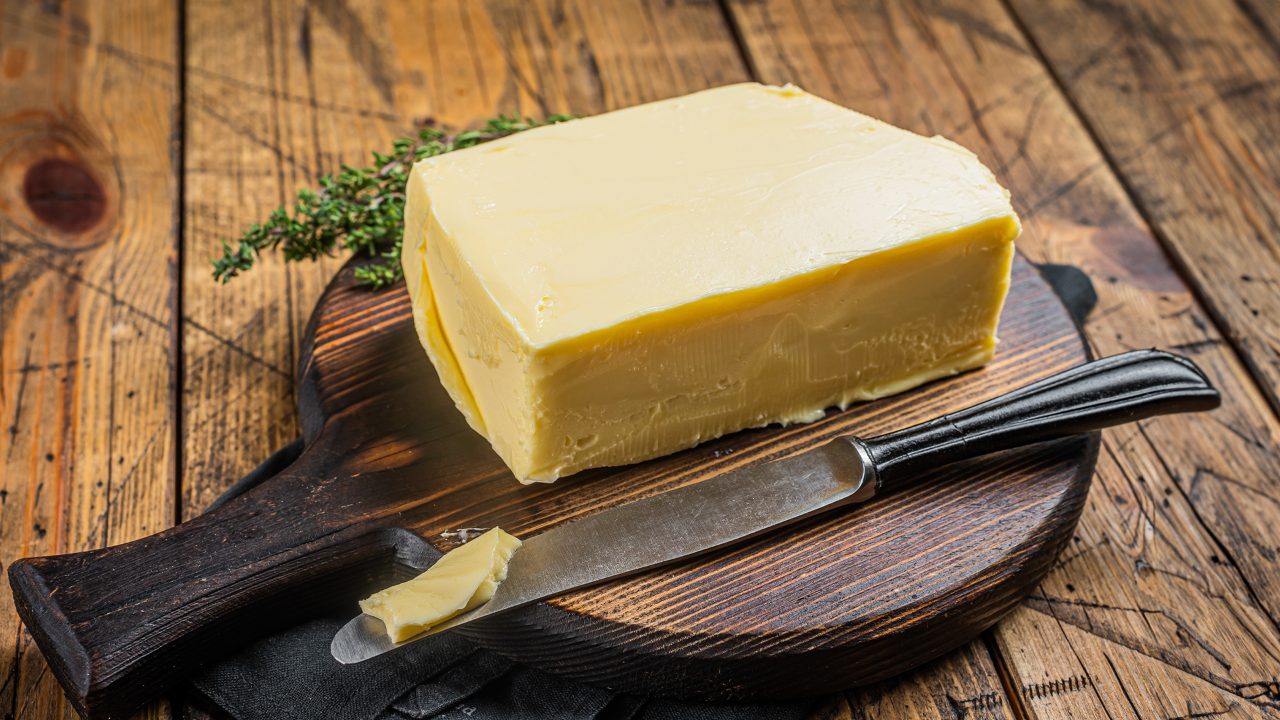The Government announced on Friday that it will be introducing the second-largest alcohol excise tax increase in 30 years.
The tax on alcohol will be increased by 6.65%, following a record 6.92% increase in 2022.
Executive Director of Brewers Association of New Zealand Dylan Firth told REX host Dominic George that while it might look beneficial on the surface, for those working in the brewing industry the news is not so positive.
"When it's [inflation] this high it just doesn't really work," Firth said.
"When you are raising these kinds of taxes and putting them on the consumers eventually, in itself it becomes inflationary."
While the tax increase does not necessarily mean the consumer will pay more, it does force them to make decisions about their spending and whether they can continue to afford to have a drink at their local pub or brewery.
This issue is being compounded by an international carbon dioxide shortage, which Firth explained hasn't been helped at all been helped by the Government despite the brewing industry asking for it.
"The brewing industry is in a unique situation where it can capture its own CO2 from the fermentation process and then reuse that in the process of purging out the tanks from any oxygen and putting the bubbles in the beer.
"Unfortunately we haven't had any assistance or any desire from the Government to help get us across the line on some of that investment."
While he told George he is in full support of alcohol harm reduction initiatives, Firth said the money coming from the latest tax increase is going into a consolidative fund, not to support alcohol harm reduction.
"If the money that's coming from this is going towards harm reduction initiatives I'd be much, much happier about it but it doesn't."
"If the money that's coming from this is going towards harm reduction initiatives I'd be much, much happier about it but it doesn't.
"We drink less than we have since the 1970s, we drink less harmful than we have at any time in our history, especially youth drinkers are going down and overall consumption is going down.
"In an environment where actually the harmful consumption is going down, putting the tax up and saying it's to reduce harm seems a little bit at odds with things."










